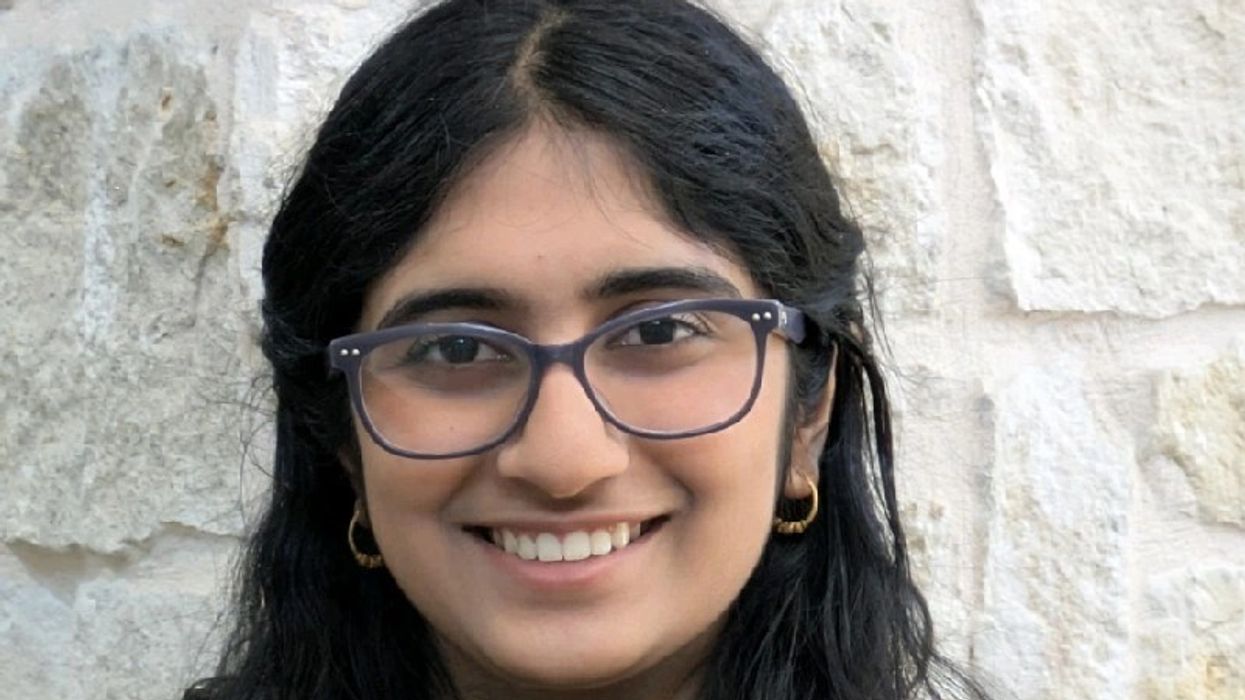SEVENTEEN-year-old Indian-American Tejasvi Manoj has been named Time magazine’s ‘Kid of the Year’ for 2025 for her work on protecting senior citizens from online scams.
Manoj, from Frisco, Texas, created an innovation called ‘Shield Seniors’, a website designed to help people over 60 identify and report fraudulent messages and emails.
“Older Americans clearly need protection, and Tejasvi was determined to provide it,” Time said while announcing the recognition. It added that her work earned her the title of TIME’s Kid of the Year for 2025.
She is also the first honouree to be recognised as a TIME for Kids Service Star, part of a programme by the magazine’s sister publication highlighting young people making an impact.
Shield Seniors “educates the 60-plus demographic about what online scams look like, analyse suspicious emails and messages users upload, and, if the communications prove fraudulent, provide links to report them,” Time said.
“The site is currently available in a private preview mode only, pending more R&D and fundraising, but is already — like its creator — making itself known,” it added.
In an interview with Time, Manoj said: “Just make sure to check up on your loved ones. Make sure that they're staying safe online.”
Manoj began coding in eighth grade. She was given an honourable mention in the 2024 Congressional App Challenge, delivered a 2025 TEDx talk in Plano, Texas, about the need to build “digital bridges” to all demographics, and has visited assisted-living facilities, according to the magazine.
She plans to study computer science with a minor in AI or cybersecurity.
Time noted that Manoj continues to advocate for seniors to become “savvy and independent” online, and for families to help them build confidence. Shield Seniors is still in development and runs on a free AI engine, limiting its capacity and reach. Manoj is raising funds to transition to a commercial AI platform.
“We plan to open it to a wider audience once we secure funding to support broader access,” she told the magazine.
Alongside her project, Manoj is active in Scouting America, plays the violin in her school orchestra, and tutors Bhutanese refugees in math and English through Vibha, a nonprofit working on education and workforce development in India, the report said.
She also volunteers with the North Texas Food Bank Young Advocates Council. “I started volunteering in sixth grade,” she said. “I think it’s really important; if you’re lucky yourself, you want to make sure other people feel loved and lucky too.”
In 2020, Indian-American scientist and inventor Gitanjali Rao was the first recipient of the ‘Kid of the Year’ award for her work using technology to address issues including contaminated drinking water, opioid addiction and cyberbullying.
(With inputs from PTI)




